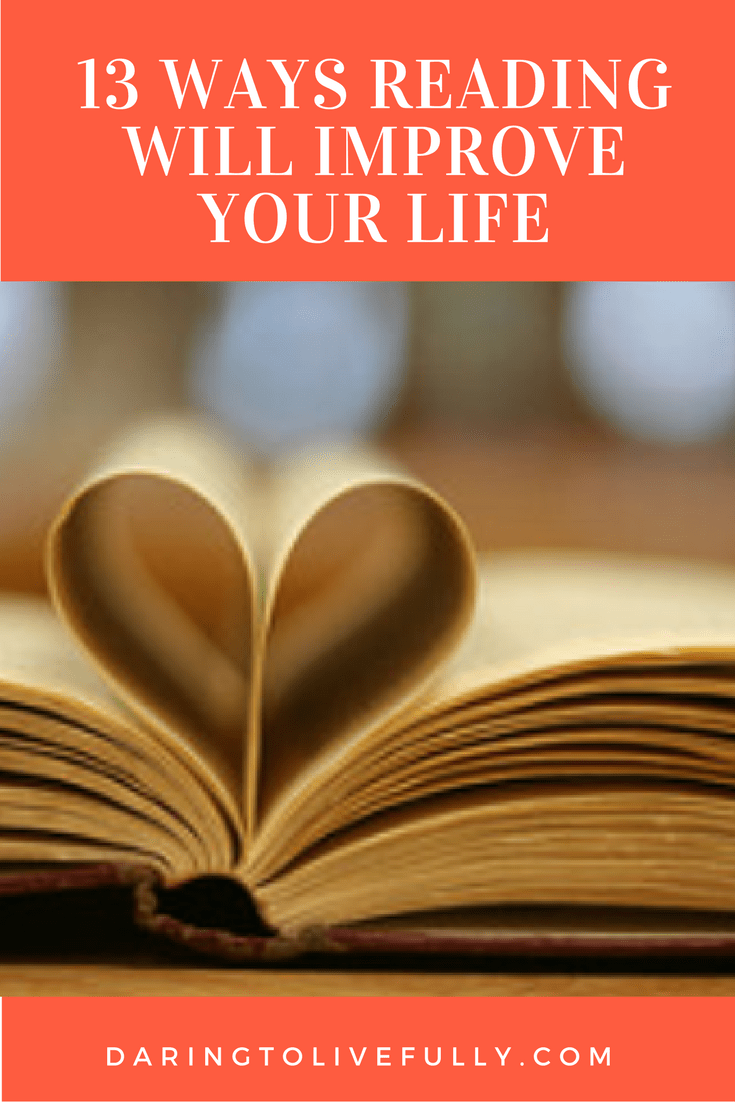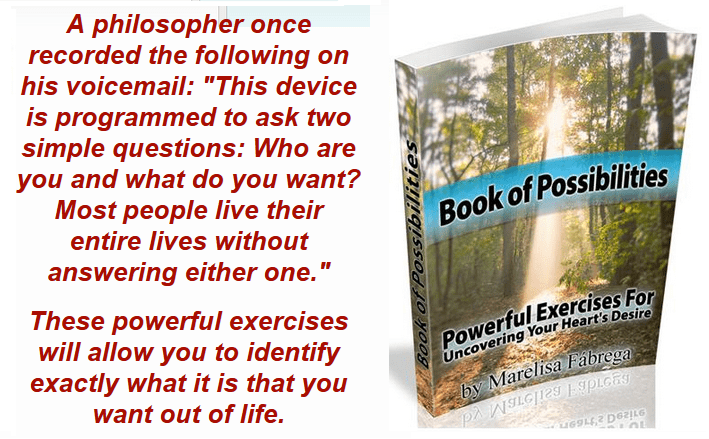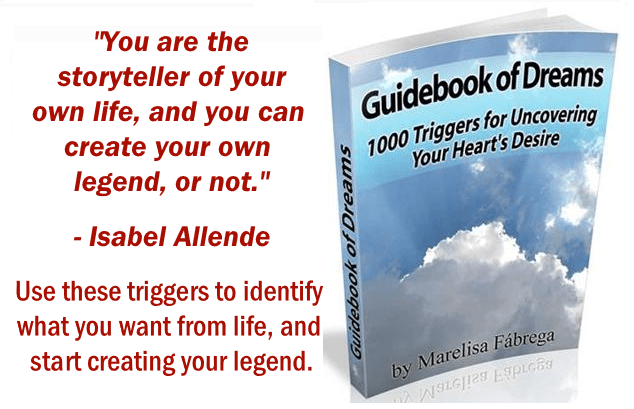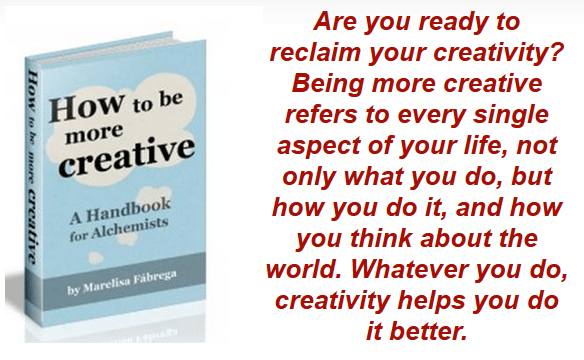
Reading is an easy way to enlarge your world.
As I’ve already mentioned a few times on this blog, I’ve started a “be well-read project”. Since the last time I mentioned it, I’ve read a few more books, including the following:
- Wuthering Heights by Emily Brontë
- The Time of The Hero by Mario Vargas Llosa
- Pedro Páramo by Juan Rulfo
- Hopscotch by Julio Cortázar
All four books are fantastic and, if you haven’t read them, I highly recommend that you do so. Since I’m currently in reading-mode, I decided to write a post on the benefits of reading–of which there are many. Without a doubt, reading will improve your life.
Below you’ll discover 13 benefits of reading.
13 Benefits of Reading
 1. Enter the Flow State. The flow state is the experience of being fully immersed in the activity that you’re carrying out. Time seems to stand still, and you feel as if you’ve become one with whatever it is that you’re doing. This state has been linked by positive psychologists to happiness. That is, the more often you’re able to reach the state of flow, the happier you are.
1. Enter the Flow State. The flow state is the experience of being fully immersed in the activity that you’re carrying out. Time seems to stand still, and you feel as if you’ve become one with whatever it is that you’re doing. This state has been linked by positive psychologists to happiness. That is, the more often you’re able to reach the state of flow, the happier you are.
One of the benefits of reading is that it’s one of the activities that produces the state of flow. When you’re fully engrossed in a book, all of your attention is placed on its pages. This means that there’s no attention left over to listen to the little voice in your head, which is absolutely blissful.
When was the last time a loud noise interrupted your reading, and you were startled to suddenly find yourself in your living room, instead of sitting on a bamboo mat in a Japanese tea house, or walking along the English moors? That’s the state of flow.
2. Reduce Stress. Research shows that reading for just six minutes can reduce stress by as much as 68%. In fact, relaxing by reading reduces stress better and faster than other common stress-busting methods, such as listening to music, going for a walk, or having a cup of tea.
Psychologists believe this is because the distraction of being taken into a book’s world eases the tension in muscles and the heart. Cognitive neuropsychologist Dr. David Lewis, who conducted the research, said: “Losing yourself in a book is the ultimate relaxation.”
3. Gain Knowledge. When you read you’re filling your head with all sorts of knowledge, and knowledge has a way of coming in handy when you least expect it . . . at cocktails parties, during job interviews, when meeting your future in-laws, and so on.
However, having lots of knowledge doesn’t just make you a brilliant conversationalist and help your job prospects. The amount, and the type, of knowledge that you have largely determines your ability to make your way in the world. As Dr. Seuss once wrote:
“The more that you read, the more things you will know. The more that you learn, the more places you’ll go.”
4. Expand Your Vocabulary. There’s no better way to gain a fuller, richer vocabulary than by reading. Do you know what bedraggle, omphalos, and ineluctable mean? No? I don’t either. But if we had read “Ulysses” by James Joyce, according to this blogger, we would know (it’s on my reading list; I just haven’t gotten around to it yet).
5. Understand Literary References. The other day I was reading an article about J.R.R. Tolkien’s “The Lord of the Rings” which said that the Ents–a race which closely resembles trees–were inspired by the coming of ‘Great Birnam wood to high Dunsinane hill’. I understood what that meant, but only because I recently read Shakespeare’s Macbeth.
By reading the literary canon–those books which an educated person is presumed to have read–you’ll make sure that literary references won’t go over your head.
6. Become a Better Writer. Whether you’re an aspiring novelist, you want to start a blog, or you have to write reports for your job, you’ll want to become a better writer. And the best way to become a better writer is to read.
7. As An Act of Self-Discovery. In his essay “Why Read”, Mark Edmundsun refers to a passage in Marcel Proust’s In Search of Lost Time which reflects Proust’s hope that by reading his books, people will encounter aspects of themselves which had previously remained unexplored. Here’s the passage:
“It seemed to me that they would not be ‘my’ readers but readers of their own selves, my book being merely a sort of magnifying glass like those which the optician at Combray used to offer his customers—it would be my book but with it I would furnish them the means of reading what lay inside themselves. So that I would not ask them to praise me or to censure me, but simply to tell me whether ‘it really is like that’, whether the words that they read within themselves are the same as those which I have written.”
One of the benefits of reading is that it allows you to get to know yourself better.
8. Feel Understood. John Green once said that “Great books help you understand, and they help you feel understood.”
When I read this it reminded me of a great quote I found a long time ago–which, unfortunately, I wasn’t able to find again. It basically said that when an author writes about how they feel, and you feel the same way, but you thought that no one else did, it’s as if a hand reaches out from the book and holds yours.
One way in which reading can help you to feel understood is through memoirs. A memoir written by someone who’s similar to you, or who has gone through a situation that resembles what you’re currently dealing with, can help you to think:
- “Thank goodness, it’s not just me.”
- “Others have gotten through this, and so will I.”
And this can have a profound effect on your psyche.
9. Learn About Different Cultures. The latest book I’ve read is “Things Fall Apart” by Chinua Achebe, one of the most widely read and studied African novels ever written.
Set in the 1890’s, it paints a vivid picture of pre-colonial Africa, and what happened in the Igbo society of Nigeria at the time of its colonization by the British. In addition, it’s written from an African perspective, instead of the usual white man’s account.
10. Mental Stimulation. When you’re reading a book you have to keep up with all of the different characters, their backgrounds, and their ambitions. In addition, you have to remember who did what to whom, make inferences and predictions from subtle clues, and even reach your own conclusions. To say the least, reading keeps your brain on its toes.
As I wrote above, I recently read The Time of the Hero. It has several narrators–including one whose identity you don’t discover until the end of the book. In addition, Vargas Llosa uses internal monologues as a literary device. It’s a brilliant book, but it asks the reader to do a lot of work in order to understand what’s going on.
I honestly think I’m smarter for having read that book.
11. Have More Life. Literary critic Harold Bloom argues that you should read to have more life:
- To come to know more people than you could ever meet;
- To have more intense visions of love and fate;
- To experience more bliss and woe than you’re likely to experience otherwise.
To quote William Styron:
“A great book should leave you with many experiences, and slightly exhausted at the end. You live several lives while reading.”
After all, the brain can’t make a real distinction between reading about an experience and actually living it. Whether reading or experiencing it, the same neurological regions are stimulated. If you want a hundred different lifetimes, read a hundred different books.
Whoever said that you only live once clearly wasn’t a book lover.
12. Learn to Focus Your Attention. As I explain in my post, Nine Things That Are Making You Dumber, most of us spend a large part of our day searching and surfing the internet. This keeps our brains in constant motion, which scatters our thinking.
Reading, on the other hand, focuses our attention. At the same time, focused attention is necessary for richness of thought.
In “The Shallows: What the Internet Is Doing to Our Brains,” technology writer Nicholas Carr states that he can feel his thinking getting more shallow because of the Internet. He says the following:
“Over the last few years, I’ve had an uncomfortable sense that someone, or something, has been tinkering with my brain, remapping the neural circuitry, reprogramming the memory. . . Once I was a scuba diver in a sea of words. Now I zip along the surface like a guy on a Jet Ski.”
If you care about your own ability to think deeply, read.
13. Become More Socially Adept. The journal Science published an extraordinary study a couple of years back showing that reading literary fiction can improve people’s ability to understand others’ mental states. In turn, being able to detect and understand other people’s emotions is a crucial skill in navigating complex social relationships.
Why would reading literary fiction improve your social skills? “The researchers say the reason is that literary fiction often leaves more to the imagination, encouraging readers to make inferences about characters and be sensitive to emotional nuance and complexity.”
So, if you want to sharpen your ability to understand others’ emotions, pick up a copy of Anna Karenina or Great Expectations.
Conclusion
As an adult, it can be hard to find time to read. However, I hope that the 13 benefits of reading which I explain above have persuaded you to move reading higher up on your list of priorities. Live your best life by reading more.





Related Posts:




 Marelisa Fabrega is a lawyer and entrepreneur. She holds a Bachelor of Science in Business Administration from Georgetown University in Washington, D.C., as well as a Juris Doctor from the Georgetown University Law Center. You can learn more about her
Marelisa Fabrega is a lawyer and entrepreneur. She holds a Bachelor of Science in Business Administration from Georgetown University in Washington, D.C., as well as a Juris Doctor from the Georgetown University Law Center. You can learn more about her 





